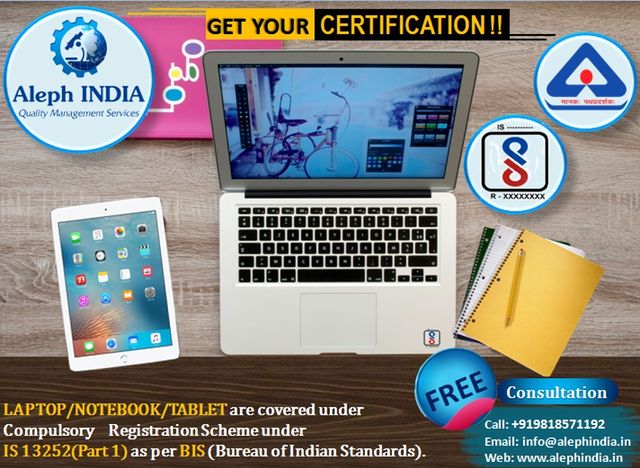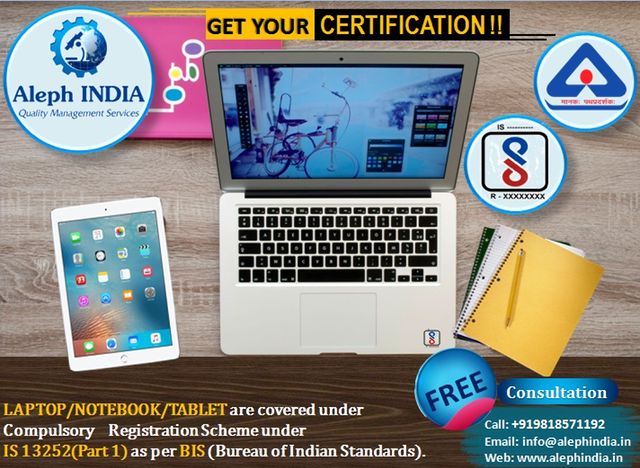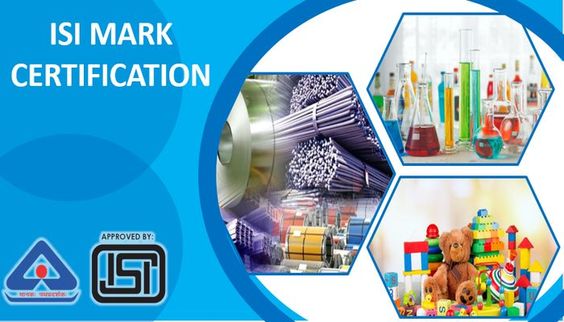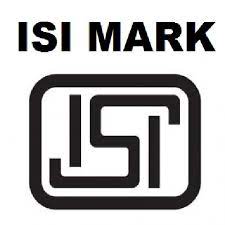The Different types of BIS Registration Schemes
The phrase BIS Certification Scheme refers to one of the world’s largest certification schemes, which allows licensees to use the well-known Indian Standards Institute or ISI mark on their products. Furthermore, the ISI seal is associated with high-quality products. Manufacturers can also apply for ISI Mark Registration online. The Eco Mark Scheme, Foreign Manufacturers Certification Scheme, Tatkal Scheme, Normal Procedure for Domestic Manufacturers, and Simplified Procedure for Domestic Manufacturers are also included in the phrase “different BIS Certification Schemes.”
The following are the main goals of the BIS Registration in India:
- Ensures the highest level of quality.
- Protects the general public’s health.
- Safeguards citizens against dangerous products.
- Boost the general public’s confidence.
- Ensures that corrective action is implemented on time.
- Allows for the early detection of flaws.
- Better management, control, and reporting are encouraged.
- Consistent Quality is Confirmed.
The following actions are covered under BIS Registration:
1. Determining Standards :
- Food and Agriculture
- Chemical
- Electrical Engineering
- Mechanical Engineering
2. Certification Scheme:
Although participation in the Product Certification Scheme is entirely optional. However, to protect public health and safety, the government has made BIS Registration mandatory for some commodities, such as :
- LPG Cylinders
- Milk Products
- Water
For these commodities, BIS Certificate online can also be applied.
3. Establishing Laboratories :
Another important function of BIS is to establish laboratories for evaluating natural goods, as follows:
- Mechanical
- Chemical
- Food
- Electrical
4. Hall Marking Scheme:
The term “Hall Marking” refers to a mark that ensures the gold items’ quality. Moreover, the same is employed to safeguard the public’s faith and to stimulate consumer interest.
5. Consumer Protection :
BIS, or Bureau of Internal Revenue, has formed a separate department to promote consumer welfare and provide prompt resolution of public concerns.
Different BIS Certification Schemes Concept :
With over 26500 licenses and over 900 commodities or goods, the BIS Certification Scheme is the world’s biggest certification scheme. This plan also allows licensees or manufacturers to use the ISI (Indian Standards Institute) logo on their products. As a result, the ISI Mark provides buyers with the certainty that a particular created or manufactured product is of the highest quality.
BIS also offers FMCS (Foreign Manufacturers Certification Scheme), which allows producers or manufacturers based outside of the United Kingdom to use the BIS Marking. Currently, the Bureau of Indian Standards has issued certifications to over 350 Indian Standards in over 40 nations.
The following are the several types of BIS Certification Schemes:
1. Scheme for Domestic Manufacturers’ Standard Operating Procedures :
The applicant must submit an Application for Certification, along with the appropriate documentation and the prescribed fee, under this system. In addition, BIS Officers will undertake a preliminary inspection of the location where the goods or products are produced. They gathered samples that will then be transmitted to the appropriate laboratories.
If the products meet all of the requirements, the official in charge will issue a BIS Registration certificate. Finally, starting from the date of application, this process will take around six months.
2. Scheme for Simplified Procedures for Domestic Manufacturers :
The streamlined approach, as its name suggests, is one of the simplest and most convenient ways to obtain BIS Certification in India. The applicant must include the reports of his or her sample product received from a BIS accredited lab with the application for BIS Registration when using this method.
Following that, the authorized BIS Officer will review the reports provided, and if satisfied, he or she will perform a second inspection of the premises to ensure that all processes and guidelines are followed correctly.
Finally, if the designated BIS Officer is satisfied, he or she will issue the Certificate of Registration within 30 days of the application’s submission date.
3. Tatkal Scheme :
The phrase “Tatkal Scheme” refers to one of the several BIS Certification Schemes under which the authorities would process the application for registration within 30 days of receiving it, beginning on the date of submission. As a result of this plan, the authorities handle registration applications on a priority basis to adhere to the severe time constraints.
4. Eco Mark Scheme :
The phrase “Eco Mark Scheme” refers to a quality assurance program for environmentally friendly items. To be eligible for registration under this program, the manufacturer or producer must excel and pass all of the required tests, as well as adhere to all of the regulations.
It’s also worth noting that the approach for acquiring the Eco Mark Scheme is comparable to the procedure for obtaining the Domestic Manufacturer Scheme.
These are the different types of BIS Registration Schemes. Aleph India, India’s finest BIS Consultant and ISI Certificate consultants for over a decade, can address the problem and decrease the time spent on documentation, auditing, and processing.




Comments
Post a Comment